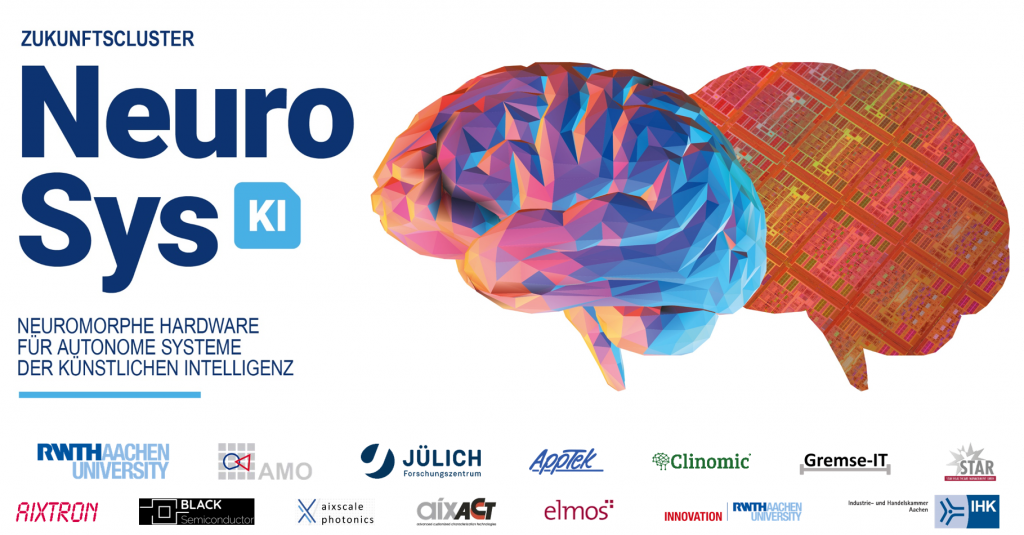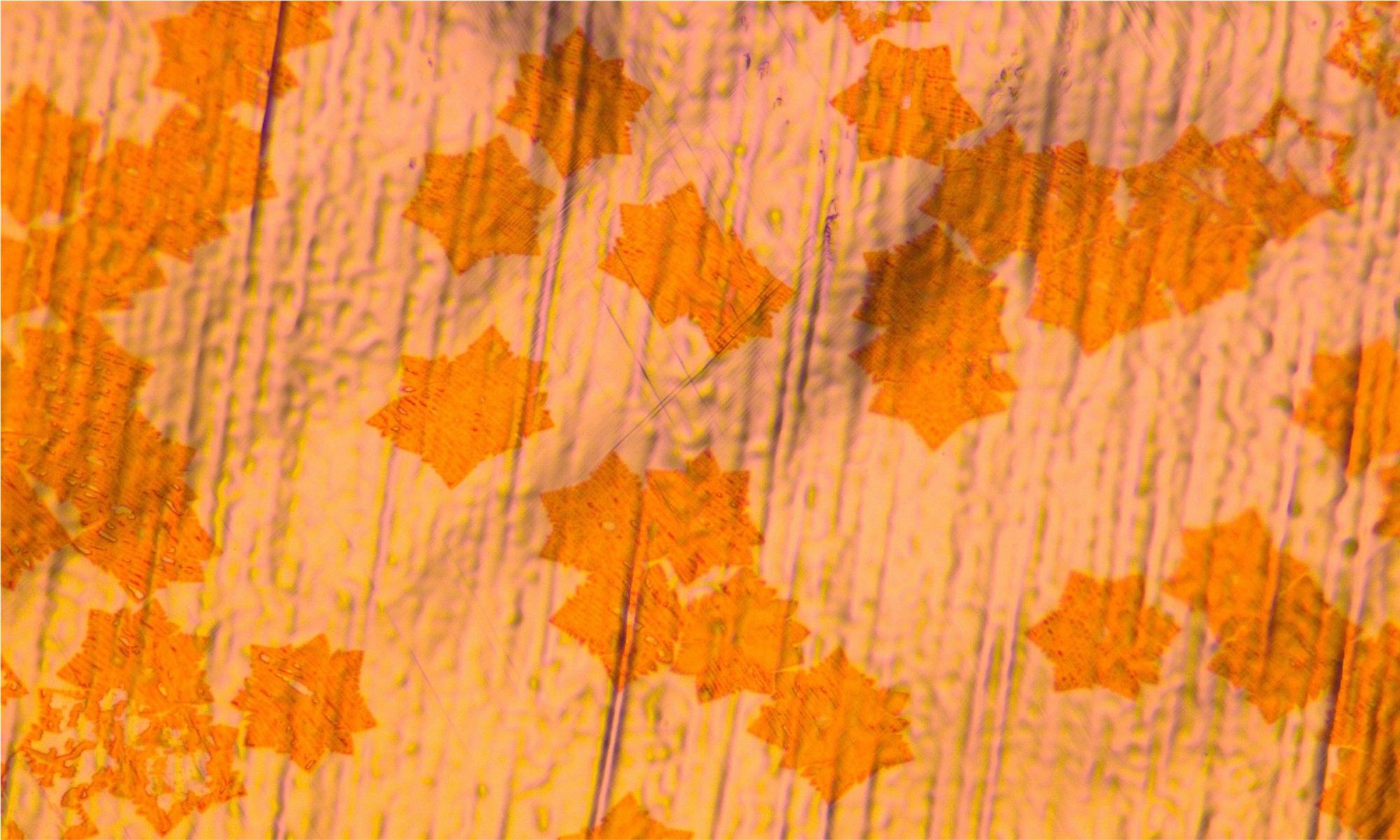The Cluster “NeuroSys – Neuromorphic Hardware for Autonomous Artificial Intelligence Systems” has succeeded in the first call of the “Cluster4Future” initiative of the Federal Ministry of Education and Research (BMBF). It will receive up to €45 million funding in the next 9 years to contribute to the technological independence of Germany and Europe in the field of artificial intelligence.
The “Clusters4Future” initiative is part of the High-Tech Strategy 2025 of the German government. This open-topic competition targets regional innovation networks that tackle societal challenges by tapping into emerging fields of innovation and by combining the strengths of different actors – from science and academia, industry and society. Conform to this scheme, NeuroSys brings together RWTH Aachen University, the Research Center Jülich, AMO GmbH, the Chamber of Commerce and Industry (IHK) Aachen, and the companies AixACCT Systems GmbH, AIXTRON SE, AppTek GmbH, ELMOS Semiconductor SE, RWTH Innovation GmbH and STAR Healthcare, together with the start-ups AiXscale Photonics UG, Black Semiconductor GmbH, Clinomic GmbH and Gremse-IT GmbH are involved.
The goal of NeuroSys is to transform the excellent fundamental research done in Aachen and at Research Center Jülich on neuromorphic devices and algorithms into a viable technology-basis for future European AI-hardware. Scientists at RWTH Aachen University and Forschungszentrum Jülich have already been able to demonstrate the functionality of neuromorphic devices made of memristive materials. However, there are no pilot lines nor production capacities worldwide to manufacture or integrate neuromorphic chips on an industrial scale.
What is missing to transform these scientific advances into a technology is an ecosystem of hardware, design, algorithms and application-driven software that works together to demonstrate the great benefits of neuromorphic hardware. Such an ecosystem will set a paradigm shift and develop the prerequisite for a establishing a fab for neuromorphic hardware in Europe. NeuroSys’ ambition is to be seed of this ecosystem. The vision is the technological independence of Europe in the ethically and economically sensitive area of artificial intelligence.
The Aachen Graphene & 2D Materials Center is well represented within NeuroSys by the research efforts of Prof. Max Lemme and Prof. Andrei Vescan on 2D materials as a platform for innovative memristive devices, and by the contributions of Prof. Renato Negra at the level of hardware-software co-design.

